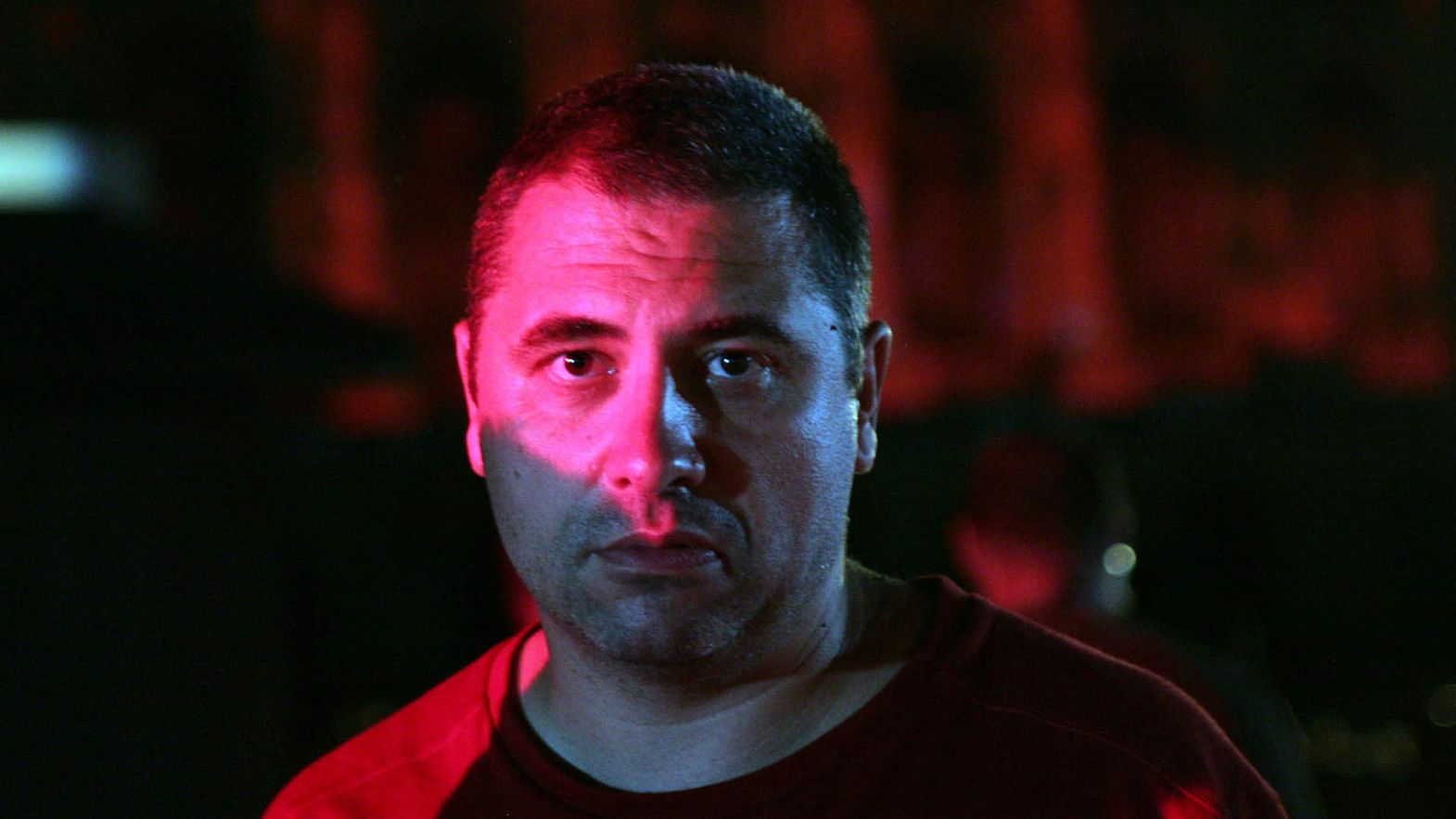 © Silviu Ghetie
© Silviu Ghetie
At some point I mentioned Alice in Wonderland as a possible reference – not an obvious one, of course – but not completely wrong. I could have mentioned Arabian Nights as well, because, although in a different way, the film contains a multitude of stories. The film has two main stories, and these two main stories are based on real stories that happened to me or which I saw or heard happening around. One was about a very tired production assistant having to drive around all day and night for an advertisement shoot and, despite his repeated demands, he was not allowed to go home and was forced to drive until he felt asleep at the wheel and died in a crash. The second one happened to me while shooting a kind of corporate film with victims of work accidents: the company was actually trying to blame only the workers, basically to fool them. They stayed in my mind and I felt, looking back, that they are exemplary in a way, they became very representative for the post-totalitarian society we Romanians live in. It is a film very interested in narrative and its structure is a proof of this interest: two parts, and with a dialogue with an older Romanian film in the first one, using different styles. I believe the structure, the architecture of the story, is as important as the story itself. What I tried to do in this film is to connect different narratives, genres, types of humor and aesthetic strategies, which I hope the audience will discover with delight or horror, or both.
How did you use images from the past and present, black and white and color?
The idea was to offer in part a kind of a portrait of a woman working as a driver in the post-totalitarian capitalist society as opposed to a portrait of a woman driver in the Communist dictatorship times. And Angela Moves On by Lucian Bratu is the only film with such a character from that time – the film itself is not one of the great films of its era and it feels like a conventional feature film. Filmmakers like Lucian Pintilie or Mircea Daneliuc were subversive in a stronger and more obvious way (they are my favorite filmmakers of that era) – and apparently Lucian Bratu was not. But, upon closer inspection, I discovered that this film has actually a lot of subversive elements that wait to be found. For instance, despite the fact that the film is shot in the cleanest parts of Bucharest sometimes, for brief moments, you can see in the film things which were not supposed to appear there: poor people with poor clothes waiting for the bus, people staying in line for food, some run-down walls. These moments are brief: a few seconds maximum. But I felt they are somehow like messages in a bottle, so this is why I slowed down these moments that escaped the censors (or they let them pass), to make them visible to the viewers nowadays and to open them for analysis. They also become more poetical this way. At the same time, clashing the images from 1981 with the ones of today, it is a way to invite the viewers to think about the process of representation, about montage as a tool for analysis and not only for construction.
Does the movie also hint at how social media networks are ubiquitous in our lives?
Maybe, yes, I didn't think that much about it. It is true that I am interested in social media networks and in the circulation of images in them. But my main idea was to use a kind of an avatar that the main character has, in order to speculate a bit about the relation between images and reality and about what does a character mean. And I used it for fun as well, it is a film made with pleasure, even for stupid things.
It is also a film about how difficult it is to produce films, with an amusing appearance by Uwe Boll.
Glad you liked it. I wanted to pay a homage to a type of cinema I am not making, to a filmmaker who was resilient enough to stand the huge wave of criticism against his films.
Why this title, Nu aștepta prea mult de la sfârșitul lumii’ (Do Not Expect Too Much From the End of the World)?
It is a quotation from Stanisław Jerzy Lec, a Polish aphorist quoted a few times in the film. Well, the title is the ‘pimp' of the work, someone said, so I let the rest of the explanation to the imagination of the viewers.
Mauro Donzelli